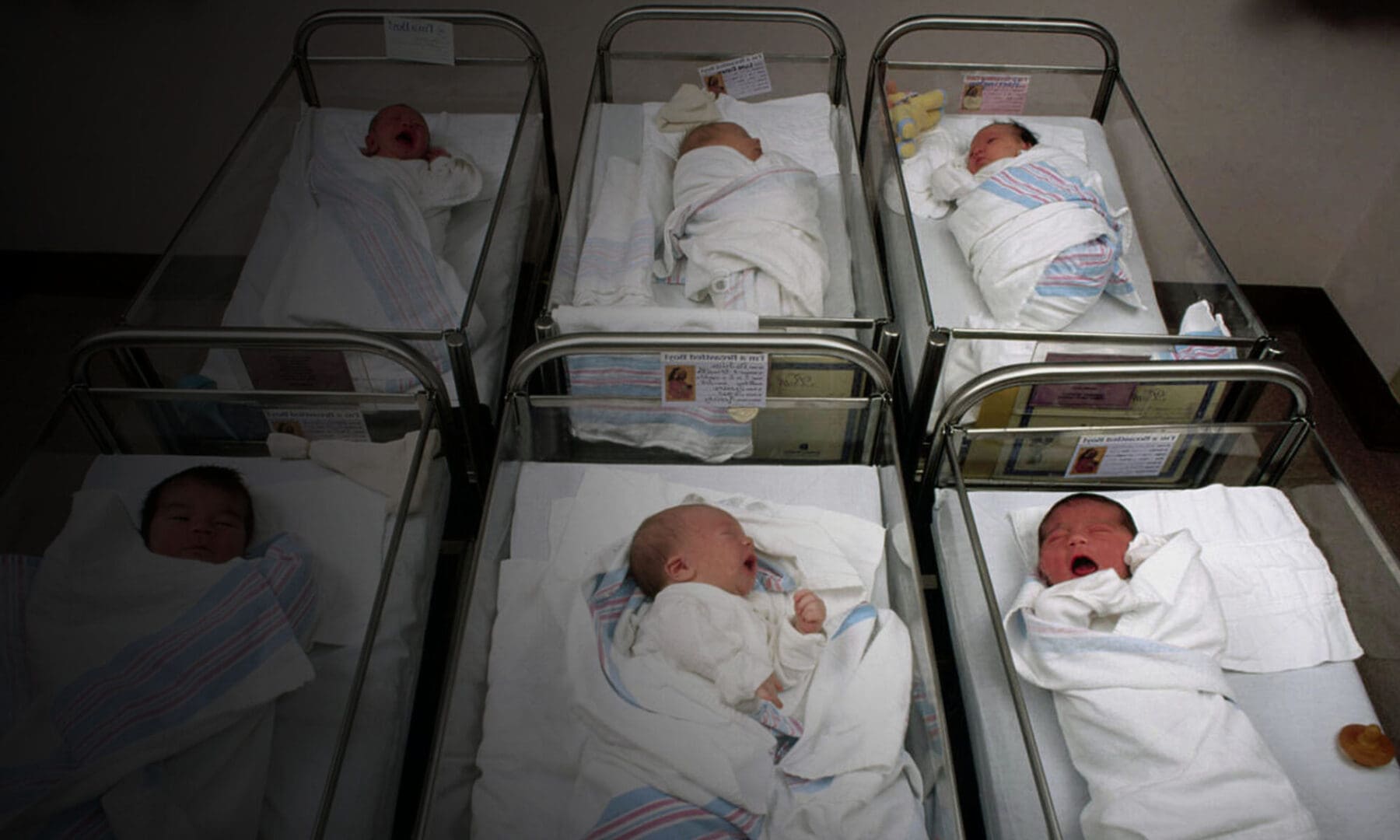Children’s National Hospital Serves As Magnetic Resonance Image Coordinating Center
Thanks to its unparalleled imaging expertise, Children’s National Hospital has been invited to participate in a groundbreaking, multi-million dollar study to determine how being exposed to opioids in the womb impacts newborns’ long-term brain development.
According to the National Institutes of Health (NIH), an estimated 10.3 million U.S. people aged 12 and older misused opioids like heroin in 2018. This component of the NIH’s massive Helping to End Addiction Long-Term Initiative (HEAL) will enroll pregnant women from four U.S. regions struck hard by the opioid crisis, following these women and their children for years to gauge opioids’ imprint on children’s brains.
Learn More Here | Healthy Brain and Child Development Study
Under the new federally funded grant, opioid-exposed children will be closely evaluated for the first two years of the infants’ lives through sophisticated brain images taken during the first month of life, at 6 months old, and again at 2 years old. In addition to the opioid-exposed babies, the research teams also will examine the brain development of normal babies of the same age to compare the progress of one group with the other. The Data Coordinating Center of the Neonatal Research Networks is the study’s principal investigator.
Learn More Here | RTI International named Data Coordinating Center for Neonatal Research Network
The Developing Brain Institute at Children’s National Hospital will serve as the magnetic resonance image coordinating center for the four-year Outcomes of Babies with Opioid Exposure (OBOE) study. That means the Institute will oversee all aspects of how these babies’ detailed brain scans are acquired, processed, and analyzed, says Director Catherine Limperopoulos, Ph.D.
Learn More Here | ACT NOW (Advancing Clinical Trials in Neonatal Opioid Withdrawal)
- Learn More Here | Sharp images key to spotting the earliest signs of compromised pregnancies
- Learn More Here | Catherine Limperopoulos, Ph.D.
- Read the news release | Opioids' imprint on the developing fetal brain
Contact us to learn more
NIH | ACT NOW
Initiative
Little is known about the long-term impact of a growing number of newborns being exposed to opioids in the womb.
Purpose
Newborns exposed to opioids in the womb are at risk for a condition called neonatal opioid withdrawal syndrome (NOWS) or neonatal abstinence syndrome. Symptoms can include tremors; excessive crying and irritability; and problems with sleeping, feeding, and breathing.
The incidence of NOWS in the U.S. has increased more than five-fold since 2004 to almost 7 per 1,000 hospital births. Little is known about the long-term effects of this condition, and there are few standard, evidence-based treatments for NOWS.
FAQ
Center Core Grant
- RTI International – North Carolina Supplements
- Duke University – North Carolina
- RTI International – North Carolina

